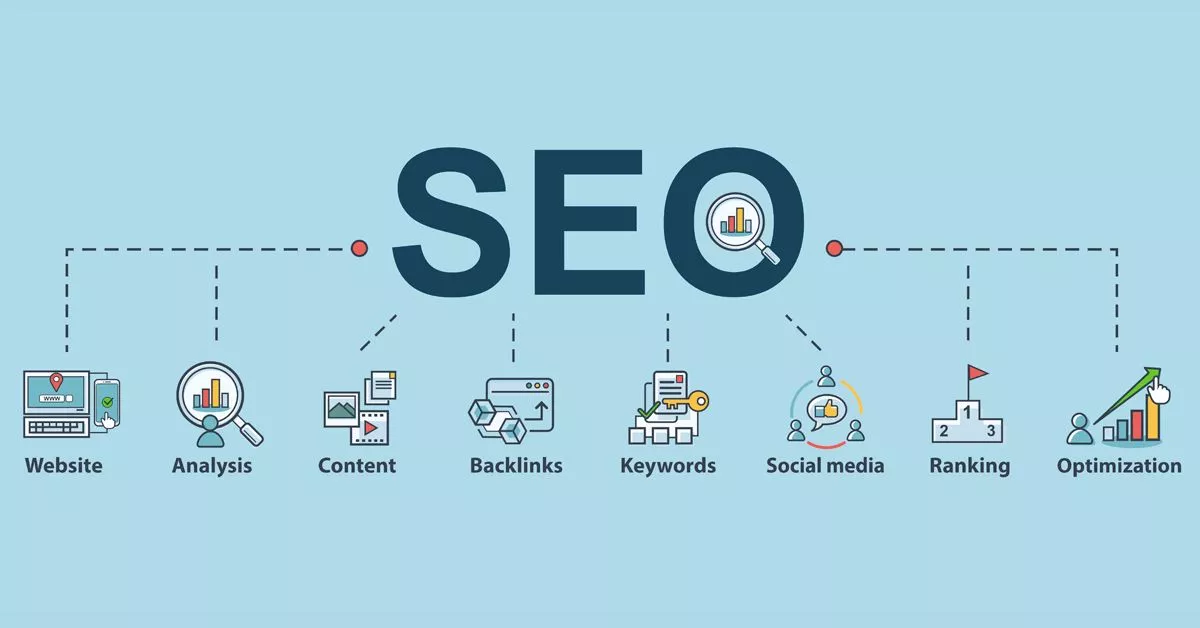In the ever-evolving landscape of digital marketing, understanding SEO concepts is crucial. One such term that often creates confusion is “Parasite SEO.” Despite popular belief, Google does not internally use this term. In this article, we debunk this myth and shed light on effective SEO practices.

Dispelling the Parasite SEO Myth
In the digital realm, myths often overshadow facts. The term “Parasite SEO” is a misconception. Google’s algorithms are designed to assess website quality, relevance, and user experience, not to classify websites as parasites.
Understanding Google’s Terminology
Google employs terms like “organic search results,” “backlinks,” and “meta tags” in its guidelines. Understanding these terms is vital for implementing effective SEO strategies.
Effective SEO Strategies
Focus on creating high-quality, informative, and engaging content. Employ ethical link-building techniques and optimize meta tags to enhance visibility.
The Role of Quality Content
Quality content is the cornerstone of SEO success. Engaging, relevant, and well-researched content attracts users and encourages them to stay on your site, reducing bounce rates.
Backlinks: Quality Over Quantity
Quality backlinks from authoritative sources boost your website’s credibility. Focus on earning natural, high-quality backlinks rather than resorting to manipulative tactics.
Mobile Optimization and User Experience
Mobile-friendly websites enhance user experience and contribute to higher search rankings. Optimize your site for various devices to reach a broader audience.
Local SEO Tactics
Local businesses benefit significantly from local SEO efforts. Claim your Google My Business listing, encourage customer reviews, and optimize location-based keywords.
Social Media Engagement
Active social media presence fosters brand awareness and drives traffic. Engage with your audience, share valuable content, and participate in discussions to increase your online visibility.
Avoiding Black Hat SEO Practices
Unethical SEO practices like keyword stuffing and cloaking harm your website’s reputation. Stick to ethical methods to build a sustainable online presence.
Common SEO Misconceptions
Addressing prevalent misconceptions, such as the importance of keyword density, provides a clear understanding of effective SEO practices.

Frequently Asked Questions
Q1: What is Parasite SEO?
A1: Parasite SEO refers to the practice of leveraging high-authority websites to rank content. However, Google does not internally use this term.
Q2: How important are backlinks in SEO?
A2: Quality backlinks from reputable sites are crucial for SEO. They enhance credibility and improve search engine rankings.
Q3: Is social media engagement essential for SEO?
A3: Yes, active social media engagement positively impacts SEO. It boosts brand visibility and drives traffic to your website.
Q4: What role does mobile optimization play in SEO?
A4: Mobile-friendly websites rank higher in search results. Mobile optimization enhances user experience and widens your reach.
Q5: How can I improve local SEO for my business?
A5: Claim your Google My Business listing, encourage customer reviews, and optimize your website for location-based keywords to enhance local SEO.
Q6: Are there any shortcuts to SEO success?
A6: There are no shortcuts to sustainable SEO success. Ethical strategies, quality content, and user-focused practices yield long-term benefits.
Conclusion
Understanding SEO terminology and implementing ethical strategies are vital for online success. By focusing on quality content, genuine backlinks, and user experience, businesses can thrive in the digital landscape. Remember, Google does not classify websites as parasites, emphasizing the importance of accurate SEO knowledge.










